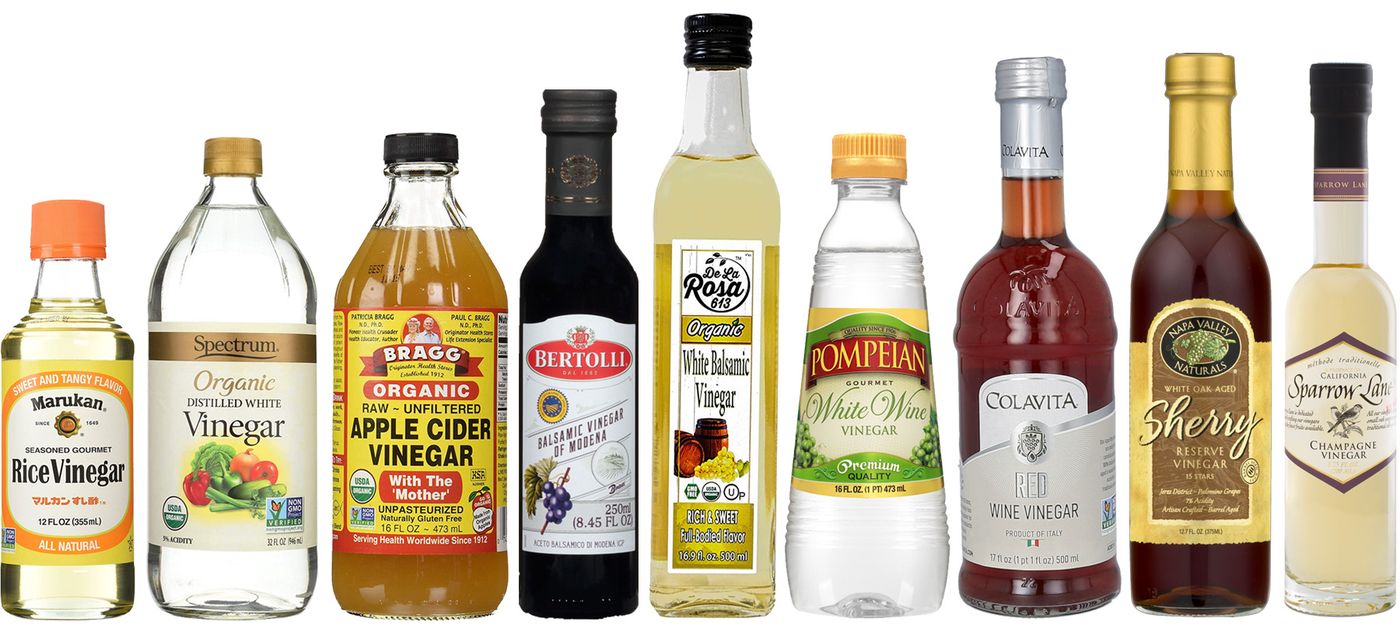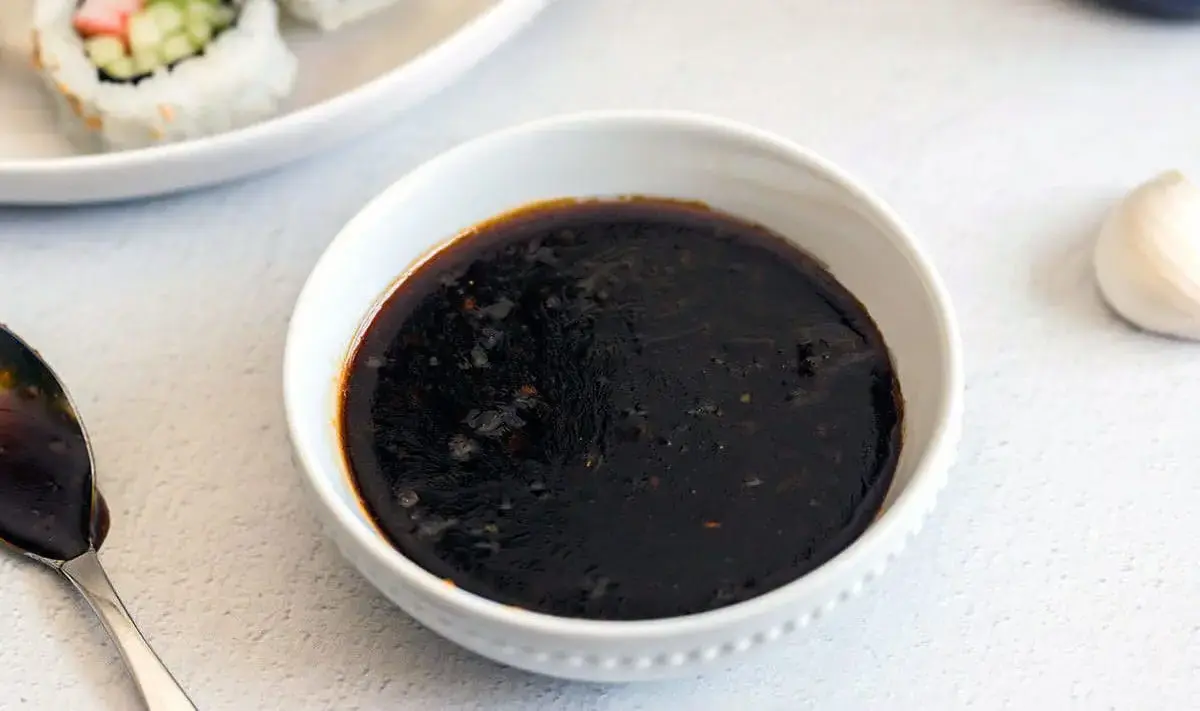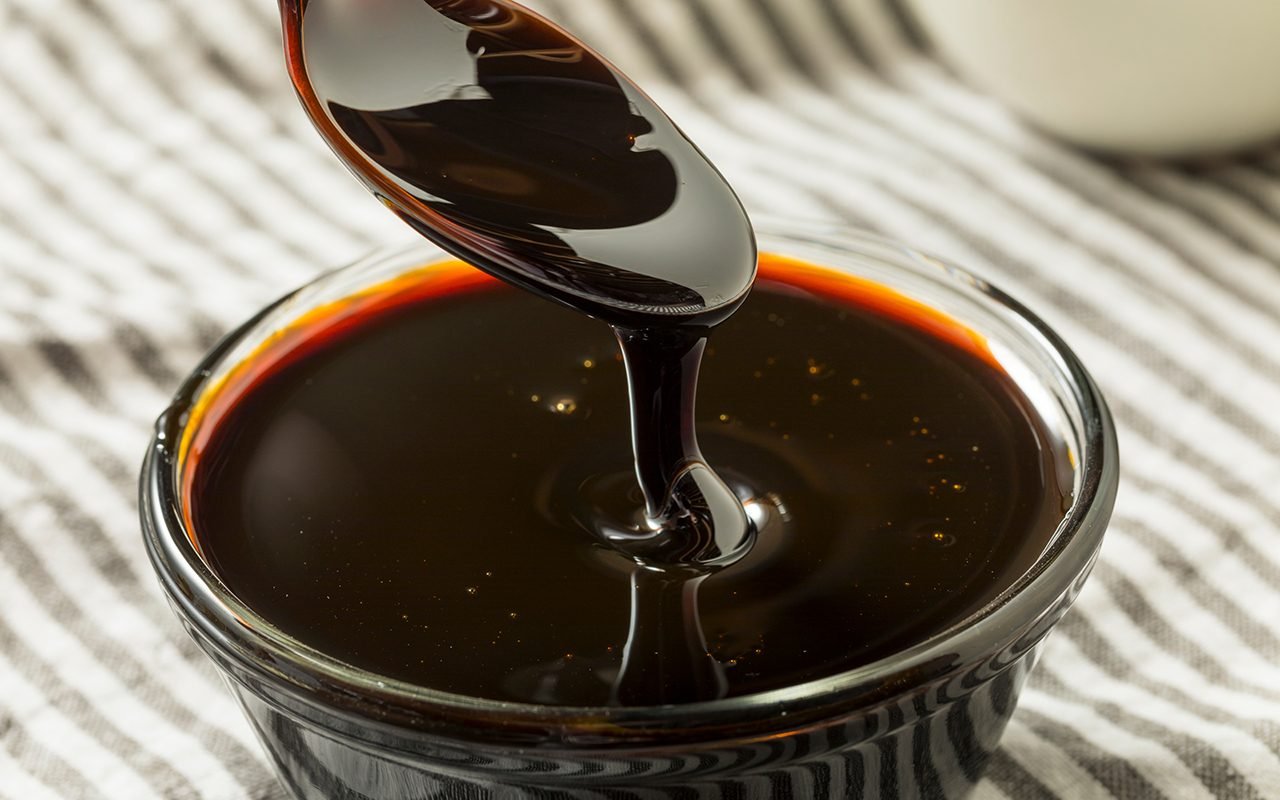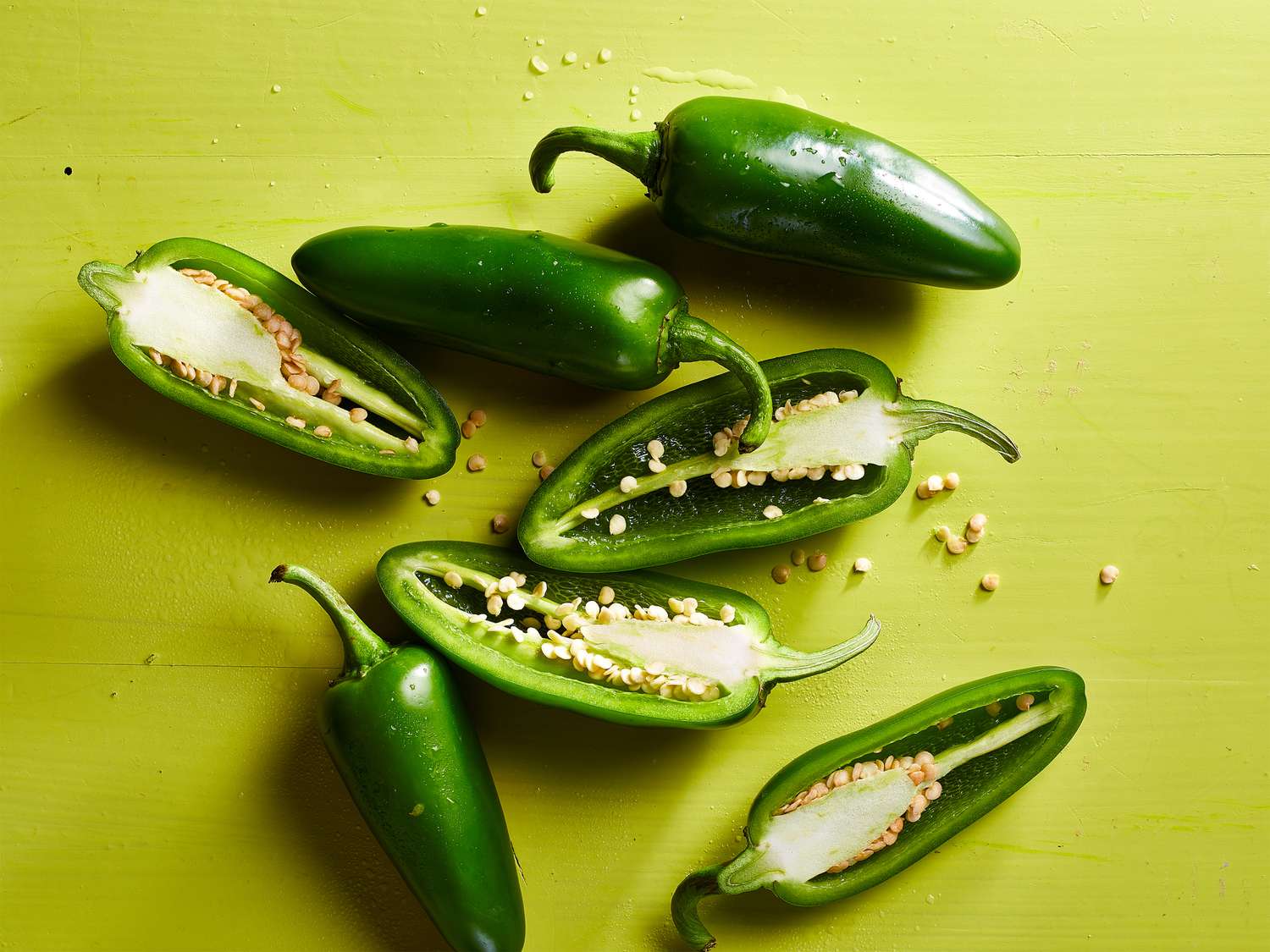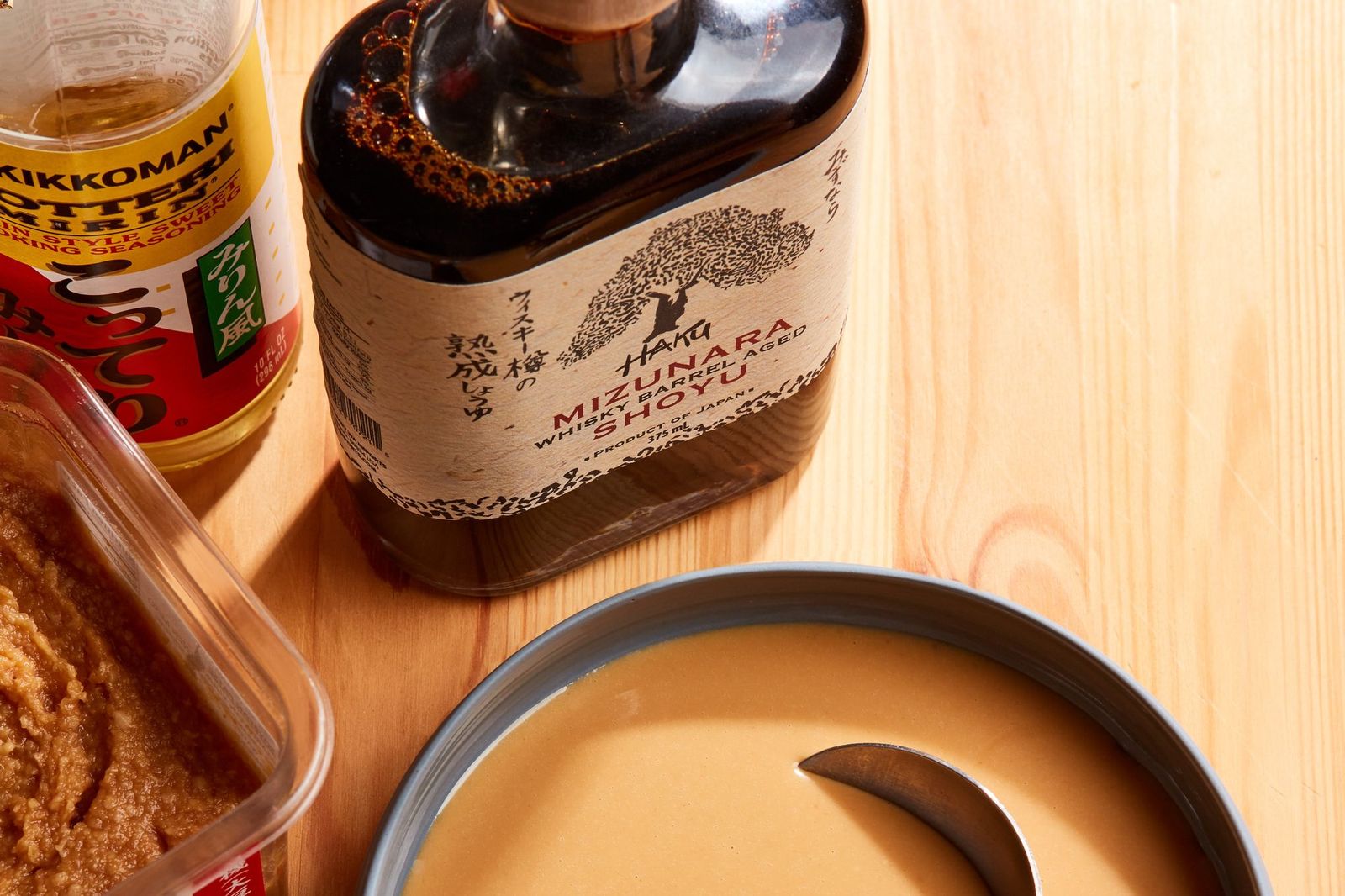Understanding the Importance of Food Storage
Food storage is a crucial aspect of maintaining a well-prepared and sustainable lifestyle. Whether you are stocking up for emergencies, preserving seasonal produce, or simply looking to reduce food waste, proper food storage techniques can help you save money and ensure that you always have access to nutritious meals.
Types of Food Storage
There are several methods of food storage that can help you keep your food fresh and safe to consume for longer periods of time. Some of the most common types of food storage include:
- Pantry Storage: Dry goods such as grains, pasta, and canned foods can be stored in a cool, dry place such as a pantry or kitchen cabinet.
- Refrigerator Storage: Perishable items like dairy products, fresh produce, and leftovers should be stored in the refrigerator to slow down the growth of bacteria.
- Freezer Storage: Meats, seafood, and other items that need to be kept frozen can be stored in the freezer for long-term preservation.
- Canning and Preserving: Fruits and vegetables can be preserved through canning, pickling, or making jams and jellies to extend their shelf life.
- Vacuum Sealing: Vacuum sealing removes air from packaging to prevent food from spoiling, making it an effective method for storing meats, cheeses, and other perishable items.
Tips for Effective Food Storage
Proper food storage not only helps maintain the quality of your food but also ensures food safety. Here are some tips for effective food storage:
- Label and Date: Always label your stored food with the date of purchase or preparation to keep track of its freshness.
- Use Airtight Containers: Store food in airtight containers to prevent exposure to air and moisture, which can lead to spoilage.
- Rotate Stock: When restocking your pantry or refrigerator, move older items to the front and place newer items in the back to use the older items first.
- Follow Storage Guidelines: Different types of food have specific storage requirements, so it’s important to follow recommended guidelines for each item.
- Keep it Clean: Regularly clean and organize your storage areas to prevent cross-contamination and the spread of bacteria.
Benefits of Food Storage
Implementing proper food storage practices offers several benefits, including:
- Reduced Food Waste: By storing food properly, you can extend its shelf life and minimize the amount of food that goes to waste.
- Cost Savings: Buying in bulk and storing food effectively can lead to significant cost savings over time.
- Emergency Preparedness: Having a well-stocked pantry and freezer can provide a sense of security during emergencies or unexpected events.
- Access to Seasonal Produce: Preserving seasonal fruits and vegetables allows you to enjoy them throughout the year, even when they are out of season.
Conclusion
Food storage is an essential part of maintaining a sustainable and well-prepared lifestyle. By understanding the different types of food storage, implementing effective storage techniques, and reaping the benefits of proper food storage, you can ensure that you always have access to fresh, nutritious food while minimizing waste and saving money.
Was this page helpful?
Read Next: What Is Ixtapa Beef
